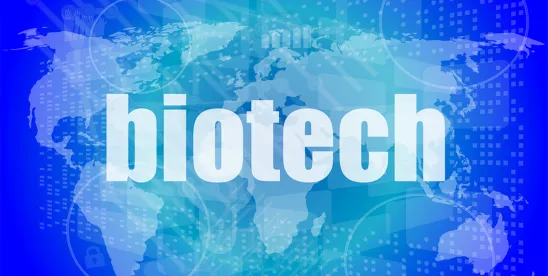- On July 2, 2025, the European Commission published a new Communication entitled “a strategy to position the EU as the world’s most attractive place for life sciences by 2030.” Recognizing that “the European life science sector is at a critical juncture” with fierce competition from the U.S. and China and innovative companies are struggling to scale up in Europe, the Communication anticipates numerous initiatives intended to accelerate and facilitate market access to life sciences innovation and build public trust in new technologies. A key element of this strategy is the awaited European Biotech Act, which aims to make relevant regulations “more conducive” to innovation in the life sciences space.
- Notably, the strategy highlights the Commission’s intention to render current food regulatory approval procedures “more agile and proportionate, without compromising safety.” The Commission recognizes that innovators must currently navigate complex (and potentially multiple) regulatory frameworks, both under EU and national legislation, which reduces the competitiveness of the EU compared to other regions. For example, in order to be placed on the EU market, a novel food must go through several regulatory approval steps, including risk assessment by the European Food Safety Authority (EFSA), which can take a significant amount of time. The new strategy aims to make these procedures more efficient and significantly reduce their length.
- To boost regulatory efficiency and innovative thinking, the Commission also aims to integrate into future EU legislation experimentation clauses and use of test environments such as “regulatory sandboxes” permitting the development of new ideas without being subjected to regulatory restrictions. The Commission further plans to adopt a new artificial technology (AI) tool to help researchers navigate the complex EU regulatory landscape.
- Citing consumer uncertainty resulting from a lack of clear information on the risks and benefits of so-called “ultra-processed foods” (UPFs), the Commission intends to seek advice on UPFs from the Scientific Advice Mechanism and the European Group on Ethics in Science and New Technologies.
- Keller and Heckman will continue to monitor and post relevant updates on the European Commission’s new life sciences strategy.
European Union Releases Plans to Help Boost Novel Food Applications
Wednesday, July 9, 2025
Current Public Notices
Published: 15 September, 2025
Published: 15 September, 2025
Published: 9 September, 2025
Published: 9 September, 2025
Published: 8 September, 2025
Published: 4 September, 2025
Published: 28 August, 2025
Published: 25 August, 2025
Published: 22 August, 2025
Published: 20 August, 2025
Published: 20 August, 2025
Published: 18 August, 2025
Published: 11 August, 2025
Published: 8 August, 2025
Published: 26 June, 2025



 />i
/>i

